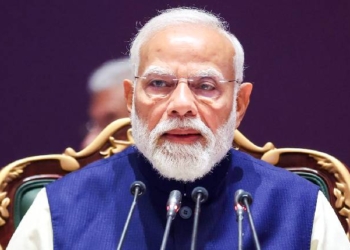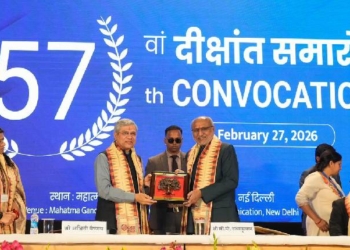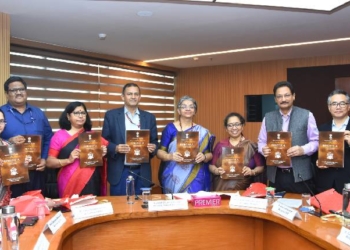Jammu: Two terrorists were killed as security forces foiled an infiltration bid on the Line of Control (LoC) in J&K’s Poonch district on Wednesday, defence officials said.
“Two terrorists were observed crossing the LoC coming towards own side on night of 5/6 September in Mandi sub-sector of Poonch district
“Joint operation was launched by Indian Army and police immediately to intercept the terrorists,” Defence Ministry spokesman, Lt Colonel, Suneel Bartwal said in a statement.
He said that the terrorists used the hostile terrain, dense jungle, and steep gradient “to bring down heavy volume of fire on own troops”.
“In the ensuing firefight which continued till next day, both terrorists were eliminated. Body of one terrorist along with war-like stores has been recovered,” he said, adding that a search operation for recovering the body of the second terrorist is in progress.
(IANS)













